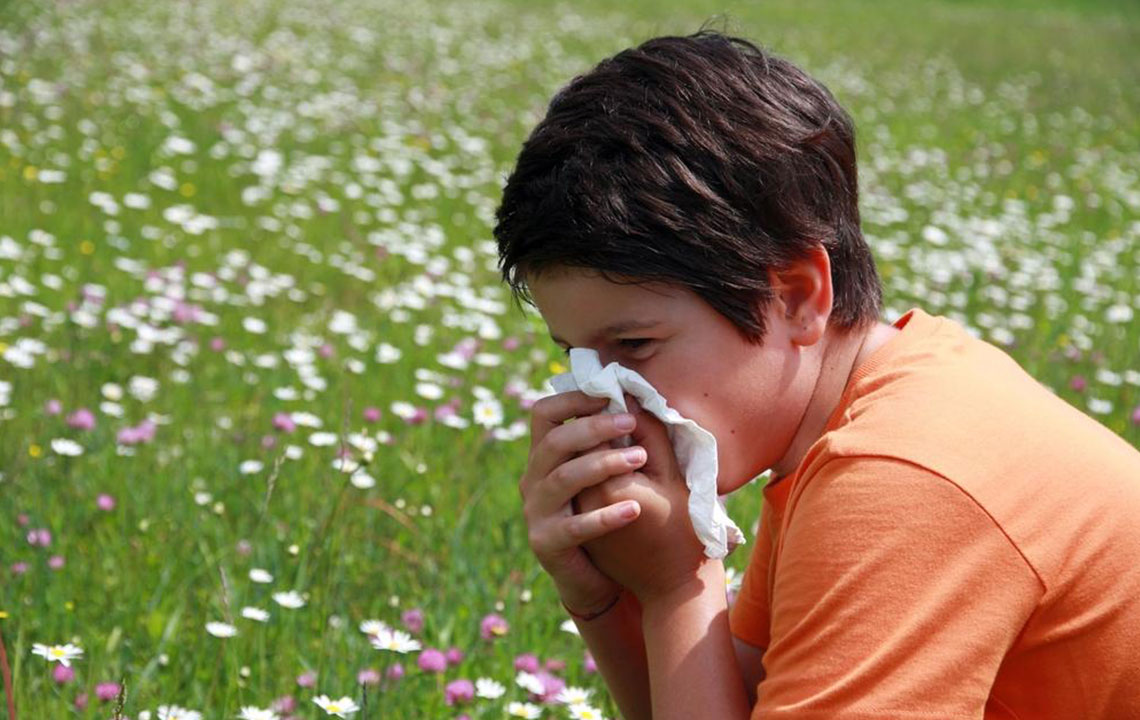Comprehensive Guide to Sudden and Persistent Coughs: Causes, Symptoms, and Effective Treatments
This comprehensive article explores the causes, symptoms, and treatments of sudden and persistent coughs. It distinguishes between acute and chronic coughs, providing detailed insights into their underlying health issues and management strategies. Whether caused by infections, allergies, or long-term conditions, understanding these cough types helps in seeking timely medical care. The article emphasizes lifestyle changes, medical interventions, and prevention tips to ensure optimal respiratory health. Perfect for those seeking in-depth knowledge on coughs and effective remedies, the guide is essential for maintaining respiratory well-being and preventing complications.

Comprehensive Guide to Sudden and Persistent Coughs: Causes, Symptoms, and Effective Treatments
A cough, a fundamental reflex mechanism of the body, plays a vital role in clearing the respiratory passages of irritants, mucus, and foreign particles. While many coughs are benign and resolve on their own, they can sometimes signal underlying health issues that require prompt medical attention. This extensive guide aims to help you understand the differences between various types of coughs, their causes, potential symptoms, and available treatment options. With detailed insights, readers will be better equipped to identify when a cough is a symptom of a more serious condition and how to effectively manage it to maintain respiratory health.
Acute cough: This form of cough manifests suddenly and typically lasts less than three weeks. It is often caused by infections such as cold or flu, allergies, or environmental irritants. Though generally temporary, acute coughs can sometimes signal more serious health concerns if accompanied by other symptoms.
Causes: Viral infections like common cold, influenza, pneumonia, or bronchitis are primary culprits. Allergic reactions to dust, pollen, or pet dander also frequently trigger acute coughs. Additionally, exposure to pollutants or smoking can lead to temporary cough episodes.
Treatment: Most acute coughs resolve with home remedies such as warm fluids, honey, or steam inhalation. Over-the-counter allergy medications might help if allergies are involved. Nevertheless, seeking medical advice is advisable if symptoms worsen or persist beyond three weeks, or if accompanied by high fever, shortness of breath, or chest pain.
Chronic cough: By definition, a cough that persists beyond eight weeks requires further investigation. It often indicates underlying health conditions that necessitate medical evaluation.
Causes of chronic cough include smoking, which can cause chronic bronchitis, as well as conditions such as asthma, gastroesophageal reflux disease (GERD), sinusitis, or long-term infections. Certain medications, notably ACE inhibitors used for hypertension, can also induce persistent cough. Identifying the root cause is essential for effective treatment.
Causes: Chronic bronchitis from prolonged smoking, asthma characterized by airway inflammation, acid reflux causing irritation of the throat, post-nasal drip from sinus issues, or side effects of specific medications.
Treatment: Medical management depends on the underlying condition. Quitting smoking, avoiding environmental irritants, and controlling allergies are crucial steps. In some cases, inhalers, antibiotics, or anti-reflux medications may be prescribed by healthcare professionals. It is vital to undergo thorough testing to determine the precise cause of the chronic cough.
Both acute and chronic coughs can interfere with daily activities and overall well-being if left untreated. An integrated approach involving lifestyle modifications, timely medical intervention, and symptom management ensures better recovery and improved respiratory health. Regular health check-ups, maintaining good hygiene, and avoiding known irritants are foundational steps in preventing cough-related complications. By understanding the nuances of coughs, individuals can seek timely care, minimize discomfort, and protect their respiratory system effectively.





